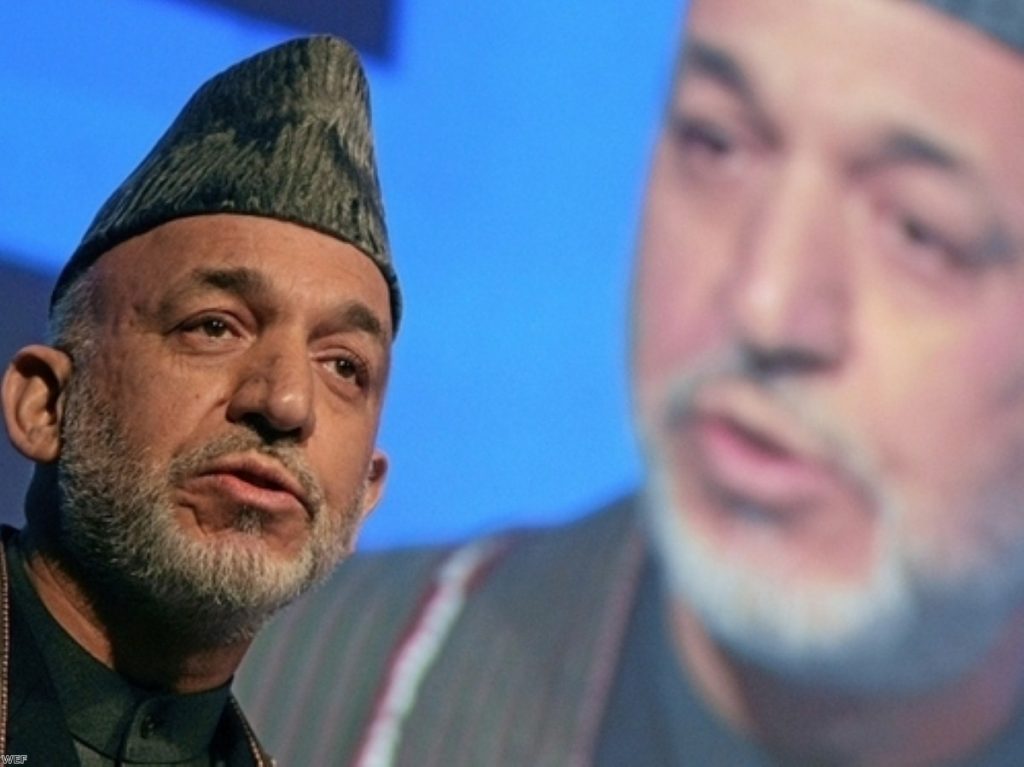World leaders gather to plot Afghan withdrawal
A major security conference in Munich gets underway today, as world leaders assess the odds of getting troops out of Afghanistan by the end of 2014.
The three-day summit, which prime minister David Cameron is set to attend, will see the signing of the New Start nuclear arms treaty between the US and Russia.
Moscow will continue its lobbying for a European security treaty spanning from ‘Vancouver to Vladivostok’, although president Dmitri Medvedev is not attending because of the presence of Georgian president Mihail Saakashvili.


Further discussions are also expected on a European anti-ballistic missile agreement, the threat to non-proliferation posed by Iran and the ongoing critical situation in the Middle East.
Afghanistan will overshadow the conference, as western states begin to contemplate the practicalities of implementing their plan for withdrawing troops by 2014 agreed at a Nato summit in Lisbon last November.
“We’ll have to see whether that is a realistic timeframe for handing over to Afghan lead,” Lisa Aronsson of the Royal United Services Institute thinktank told politics.co.uk.
“It’s a huge jump from here to there and there’s quite a lot of work to be done. I’m not sure how realistic that commitment is.”
Problems with corruption and the lack of capital make tackling rule of law issues, education and developing human capital even harder, triggering doubts about whether the unstable country will be in a sufficiently strong position to withstand the Taliban on its own in less than four years’ time.
“In order for a genuine transition, even if the international community is very present but in a supporting role, the Afghan government will have to extend its reach and provide even a minimal level of services,” Dr Aronsson added.
She said Mr Cameron and the other summit attendees – US secretary of state Hillary Clinton, German chancellor Angela Merkel and Afghan president Hamid Karzai – are likely to be concerned about the availability of funding for Afghanistan once troops are withdrawn.
Their initial focus is likely to be on combating the perception that western states are abandoning the country, however.
“[They will aim] to reassure Afghans that transition does not mean withdrawal,” Dr Aronsson said.
“Some of the insurgents will use the process of transition for their own propaganda purposes. There’s a lot of suspicion it has to do with domestic political motives.”
Mr Karzai is likely to point out he first raised the 2014 withdrawal date, however, as a counter.

